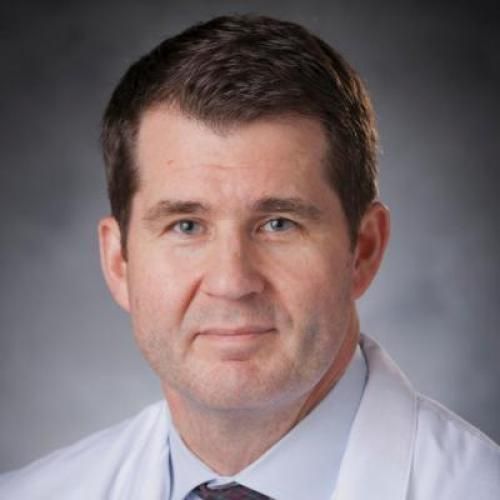
Three synchronous primary carcinomas in a patient with HNPCC associated with a novel germline mutation in MLH1: Case report.
BACKGROUND: MLH1 is one of six known genes responsible for DNA mismatch repair (MMR), whose inactivation leads to HNPCC. It is important to develop genotype-phenotype correlations for HNPCC, as is being done for other hereditary cancer syndromes, in order to guide surveillance and treatment strategies in the future. CASE PRESENTATION: We report a 47 year-old male with hereditary nonpolyposis colorectal cancer (HNPCC) associated with a novel germline mutation in MLH1. This patient expressed a rare and severe phenotype characterized by three synchronous primary carcinomas: ascending and splenic flexure colon adenocarcinomas, and ureteral carcinoma. Ureteral neoplasms in HNPCC are most often associated with mutations in MSH2 and rarely with mutations in MLH1. The reported mutation is a two base pair insertion into exon 10 (c.866_867insCA), which results in a premature stop codon. CONCLUSION: Our case demonstrates that HNPCC patients with MLH1 mutations are also at risk for ureteral neoplasms, and therefore urological surveillance is essential. This case adds to the growing list of disease-causing MMR mutations, and contributes to the development of genotype-phenotype correlations essential for assessing individual cancer risk and tailoring of optimal surveillance strategies. Additionally, our case draws attention to limitations of the Amsterdam Criteria and the need to maintain a high index of suspicion when newly diagnosed colorectal cancer meets the Bethesda Criteria. Establishment of the diagnosis is the crucial first step in initiating appropriate surveillance for colorectal cancer and other HNPCC-associated tumors in at-risk individuals.
Duke Scholars
Published In
DOI
EISSN
Publication Date
Volume
Start / End Page
Location
Related Subject Headings
- Ureteral Neoplasms
- Pedigree
- Oncology & Carcinogenesis
- Nuclear Proteins
- Neoplasms, Multiple Primary
- MutL Protein Homolog 1
- Middle Aged
- Male
- Humans
- Germ-Line Mutation
Citation

Published In
DOI
EISSN
Publication Date
Volume
Start / End Page
Location
Related Subject Headings
- Ureteral Neoplasms
- Pedigree
- Oncology & Carcinogenesis
- Nuclear Proteins
- Neoplasms, Multiple Primary
- MutL Protein Homolog 1
- Middle Aged
- Male
- Humans
- Germ-Line Mutation

